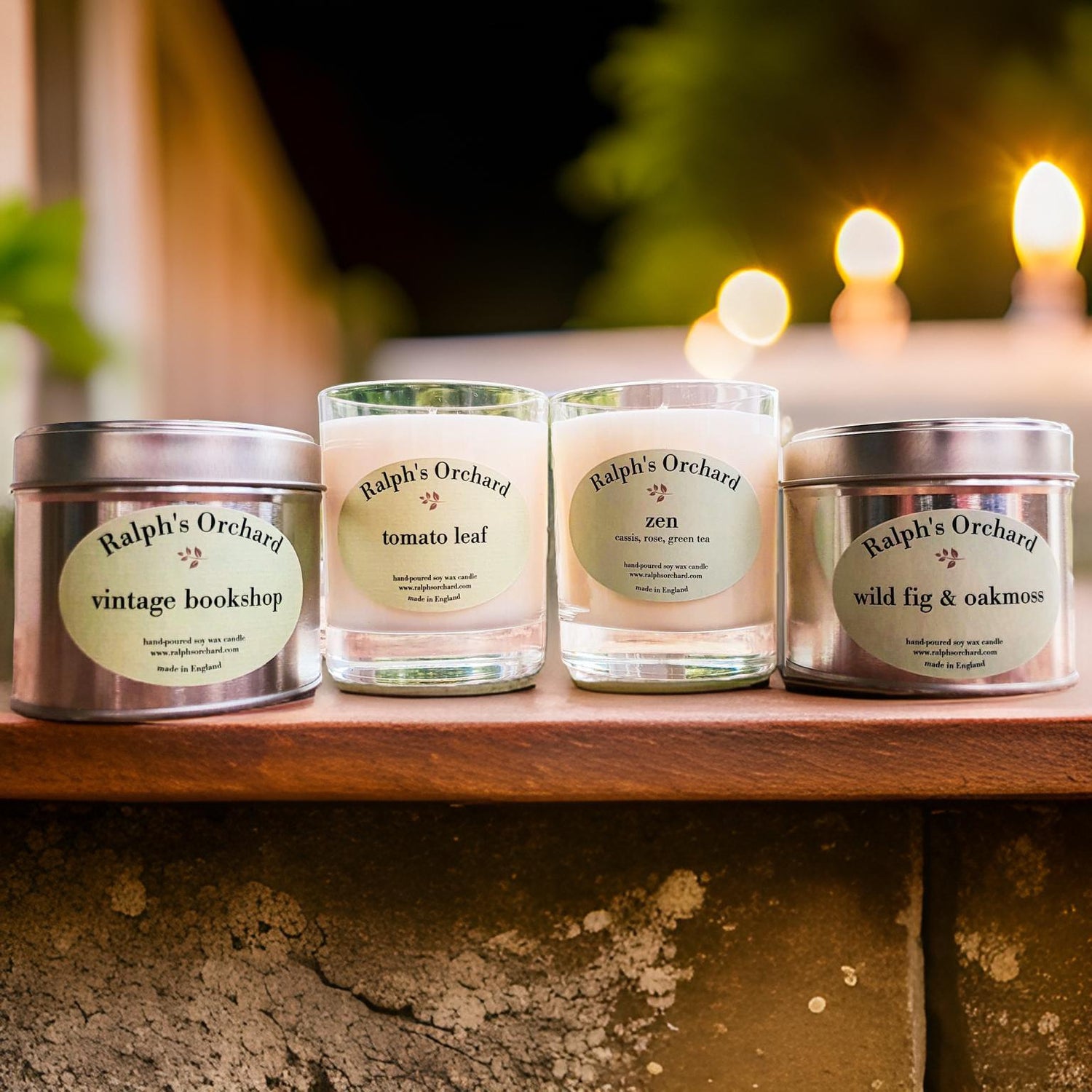
How Scent Affects Our Emotional Memory
Fragrances have a power far beyond the purpose of providing a pleasant scent for a room. Most people will have experienced a sudden flashback after catching a waft of a certain scent, whether it is a walk in the autumn woods, or the remembrance of a past lover. Certain smells can also affect our moods, and even promote healing.
One of the most famous passages in literature draws on the peculiar power of the senses to trigger memories. In Swann’s Way, the first volume of the French author Marcel Proust’s1913 novel À La Recherche Du Temps Perdu (In Search of Lost Time), the author writes of a taste of madeleine cake and tea triggering a memory of his aunt.
He describes his experience: “No sooner had the warm liquid, and the crumbs with it, touched my palate, a shudder ran through my whole body, and I stopped, intent upon the extraordinary changes that were taking place,” which sums a up a moment in time almost everyone experiences in form during their life.
The moment even has a name: the Proustian rush. Although Proust’s experience was the result of taste, it’s strongly related to the olfactory senses. So, why do aromas seem to hold this special power? There is plenty of scientific explanation to back up the anecdotal evidence.
The sense of smell is the first sense to fully develop, and scientists believe that it is already formed in the uterus before birth. According to the journal Nature, new-born babies are able to detect the difference between the scent of their mothers and other people.
In one experiment, babies exposed to the smell of their mother’s milk before an injection suffered less stress than those who were exposed to a different odour. Maybe this primal infant attachment to our caregiver is still present in the emotional power of aromas which adults experience.
Another experiment found that the regions of the brain which store and process memories, the hippocampus and the amygdala, are much more directly linked to the olfactory bulbs than they are to other senses, such as touch and sight. This may explain why a certain scent can act as an instant stimulus, whereas our visual recall may not be so sharp.
Smell has also played an important role in human evolution, alerting us to the dangers of fire, toxic substances, rotten food, approaching predators, sickness and infection, and much more.
Odour is even thought to play a role in mating: we are subconsciously attracted to people who we have some primal genetic draw to. Scientists suggest this may be because their genetic make up is sufficiently different from our own to ensure that any offspring have a strong immune system, through the widening of the gene pool.
Maybe this is why so many people find relaxing with their favourite scented candle so romantic! Whatever your favourite fragrances, you can take advantage of the evocative or relaxing power of scents with a monthly candle subscription in the UK.

